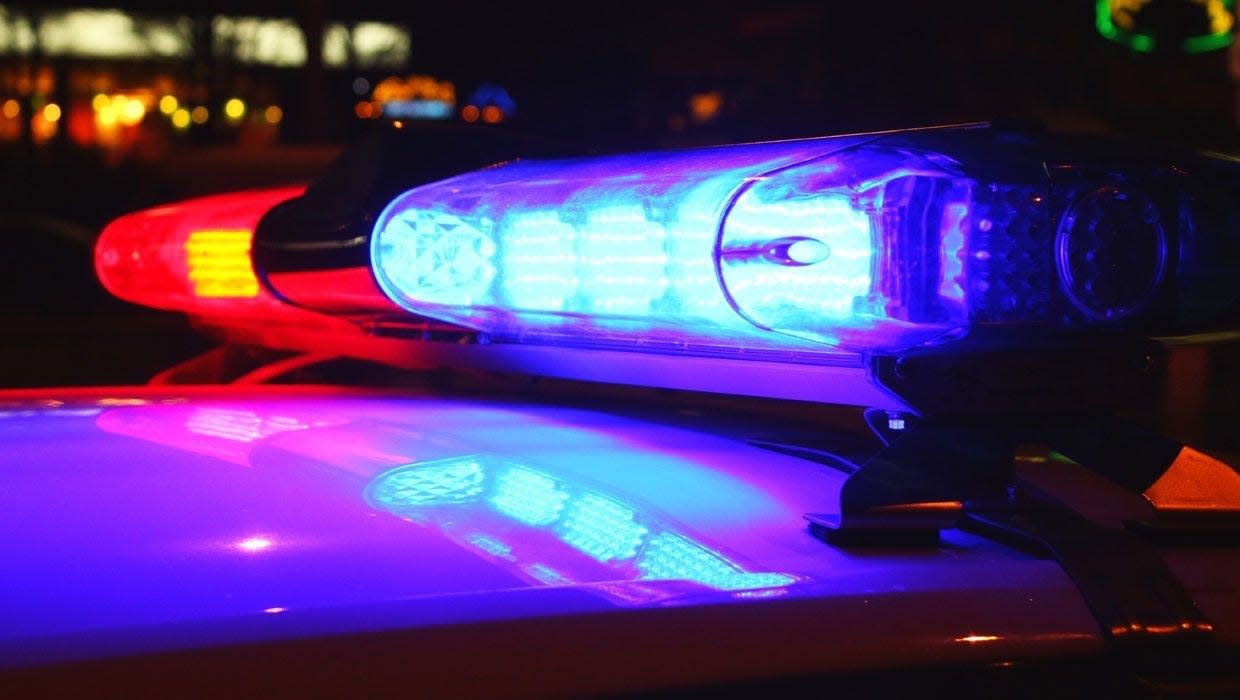Columbus council, residents want more mental-health professionals, not police, on 911 calls

Some Columbus City Council members said Tuesday they like what they're seeing and want to see more of a pilot program that sends mental-health and addiction professionals instead of police to certain nonviolent 911 service calls.
Council members taking part in a public safety hearing updating the public on the program pressed administrators for details on how much it would cost to kick the program into high gear from its current part-time status.
While "we are creating this as we go," City Council President Shannon Hardin said, "...I love this program and what it could be."
When Columbus sends social workers to respond to 911 calls
Starting early last year, Columbus began placing social workers in its 911 call center to help determine if certain non-threatening calls, such as drug overdoses, mental-health issues, and homelessness, could be answered by someone other than a police officer to help better deliver the care and expertise needed to assist. The program is intended to provide appropriate response to certain calls while freeing police up to handle other, more serious 911 calls.
If the caller gives permission, the 911 center will connect them with the "Right Response Unit," which decides what type of help is needed. But the program currently only operates from noon to 4 p.m. Monday through Friday, while city officials acknowledge the bulk of calls come in from the early afternoon through midnight.
Since the unit began its part-time operations June 7, it's handled over 450 calls. One-third of those calls were handled without the use of a police officer, "which is worthy of noting that 100% of those calls in the past would have resulted in some type of a police response," said Ken Coontz, the city's administrator of support services, which oversees the 911 call center.
Anita Clark , the city's assistant health commissioner, went over some of the success stories, including a woman who was at a public library suffering from hallucinations.
"Very, very emotional, and needed immediate help," Clark said, adding that the workers helped arrange for her children to be looked after while transporting her to a mental-health hospital.
How Columbus plans to expand program
Including a $2.4 million budget expansion for such services this year, the program costs about $6.9 million annually, said Dan Giangardella, deputy director of the Department of Public Safety.
As a next step, the city is planning to use the budget increase to expand the unit to eight hours a day, 10 a.m. to 4 p.m., five days a week, he said.
One resource that can respond to such calls is the city's Mobile Crisis Response unit, which responds to immediate mental health emergencies with police officers trained in crisis intervention and mental-health and substance-abuse clinicians. It operates seven days a week from 10 a.m. until midnight.
Residents who spoke at the hearing generally wanted more such services more quickly.
Clair Decker, a social worker and member of the Columbus Safety Collective, said the city needs to put real funding behind the effort. It receives about 22,000 nonviolent calls a year that don't need a police officer to respond, and is currently responding without an officer about 20% of the time, she said.
"That's about 1 in 5 callers getting the response that they deserve from a professional," Decker said. "Four in five of these calls are still being responded to by police here in Columbus."
Coontz said one issue facing the 911 center is a lack of call-takers, which has forced it to start a bigger-than-usual training program. However, those programs take months to train new 911 operators, he said.
Coontz called the shortage of 911 operators a crisis.
"We're very aware of what the peak hours are, and we very much want to mirror those hours with our services," but it will take time to get up to staff, he said. "And unfortunately, afternoon shift is also the peak hours for other calls."
@ReporterBush
Get more political analysis by listening to the Ohio Politics Explained podcast
This article originally appeared on The Columbus Dispatch: Social workers on 911 calls: Columbus to expand non-police response

